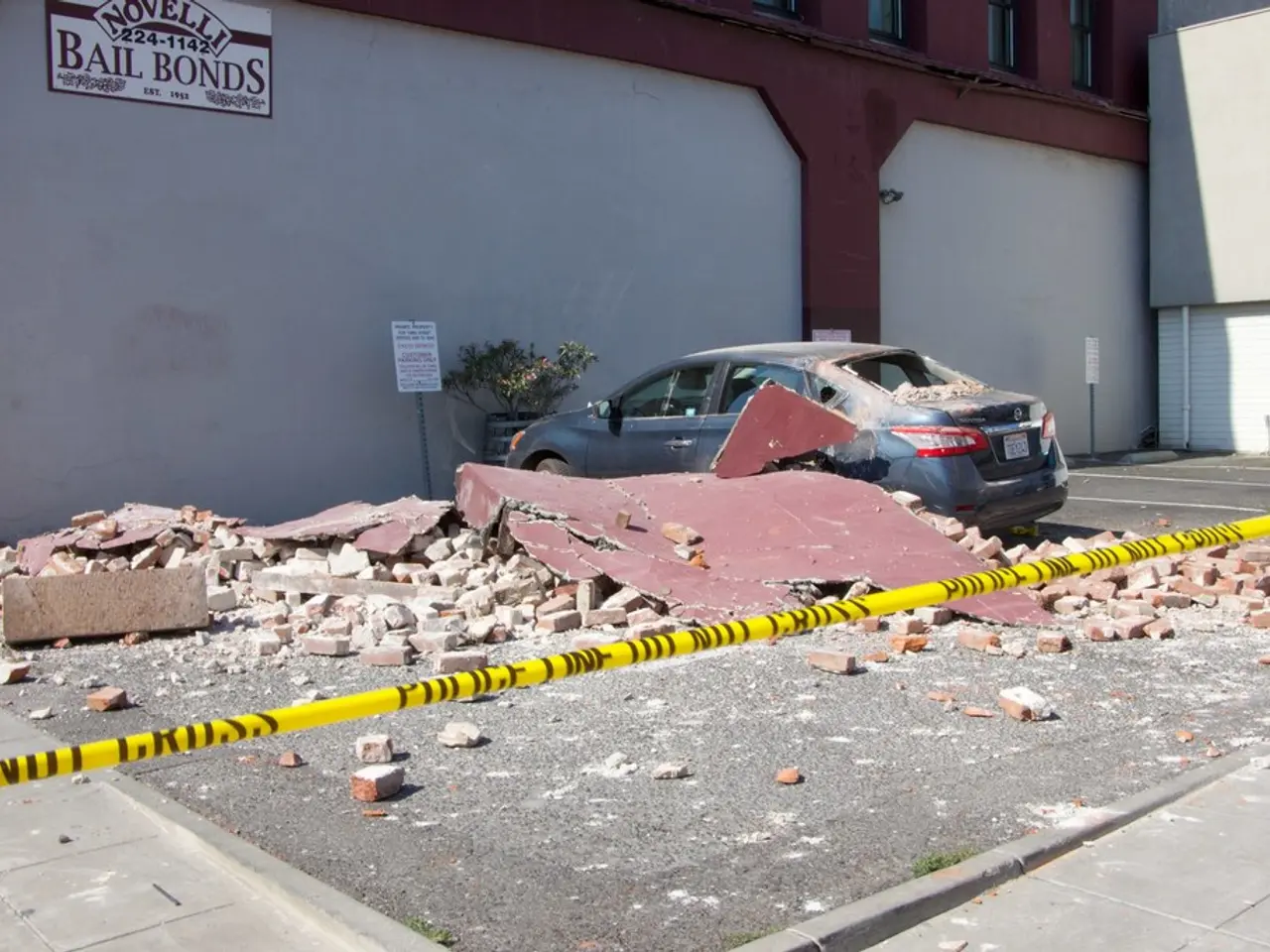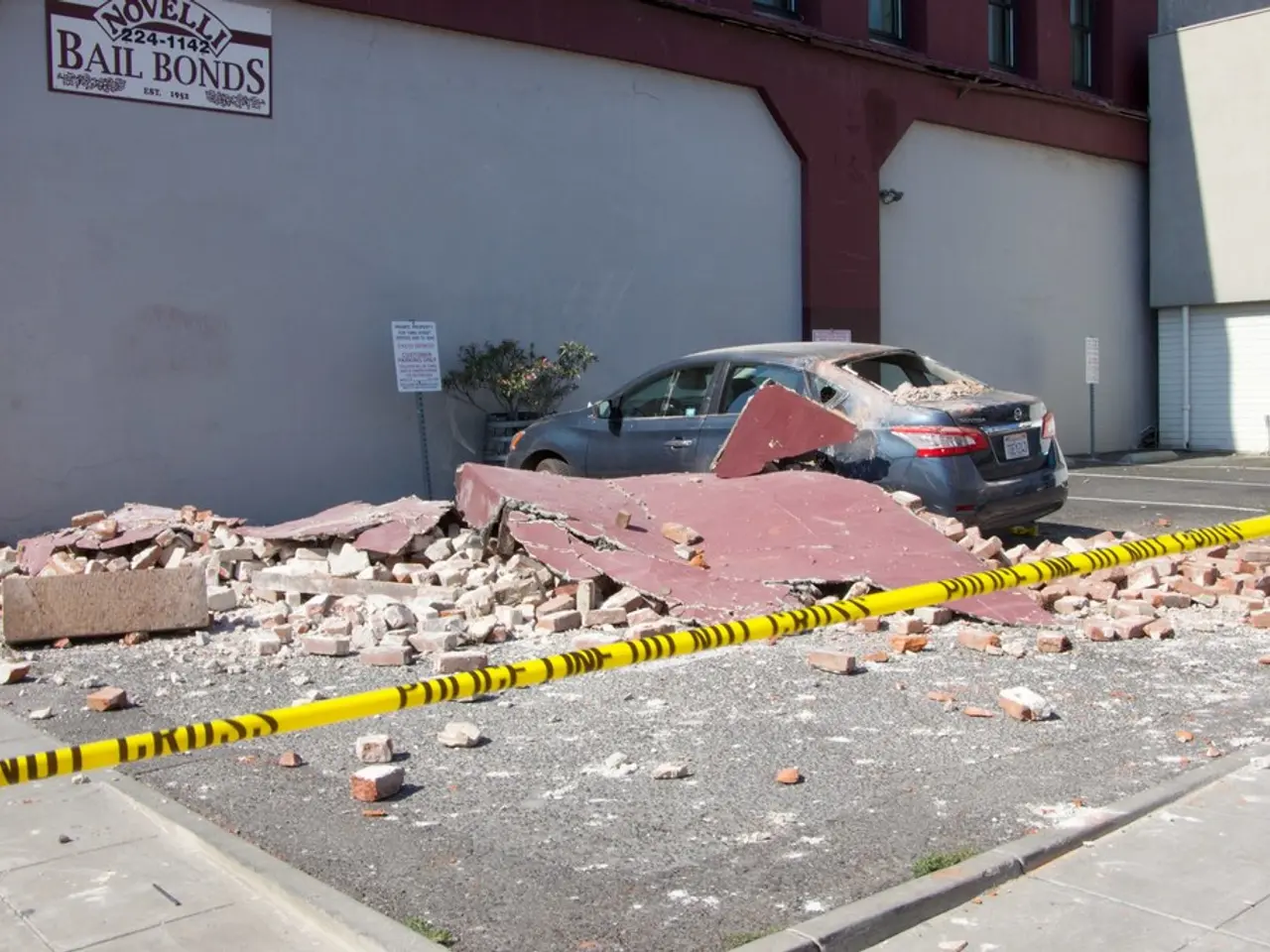Exploring Further Issues Surrounding Commonhold (Second Installment)
In a bid to replace leasehold for flats, the UK government is promoting Commonhold tenure, aiming to eliminate problematic ground rents and increase tenure security. Unlike leasehold, Commonhold does not have ground rents, which have historically contributed to financial stress and default risk in leasehold arrangements.
However, the absence of ground rents does not completely eliminate default risk in Commonhold. The risk of an owner not paying their share of building costs (default risk) could lead to a shortfall that is redistributed among other owners. This potential financial burden is a concern that needs to be addressed to ensure the stability of the Commonhold model.
The tension between good governance and cost layering is a potential risk in Commonhold. Much of the enforcement burden in Commonhold will shift to managing agents, and the incentives for these agents matter in ensuring effective enforcement. Larger managing agents, for instance, thrive on arrears, as they trigger letters, charges, and legal referrals. This could potentially lead to a situation where managing agents view arrears enforcement as a revenue stream, rather than a means to maintain financial stability.
To limit this risk, enforceable rules on budgeting and reserve funds, effective legal mechanisms for arrears recovery, and structures that protect associations are essential. Proper regulation of managing agents is necessary to prevent the same problems as leasehold from re-emerging under Commonhold.
The uncertainty in the flat market, such as short leases, can also lead to discounted values. Lenders step back, cash buyers move in, and this results in depressed values and an opportunist's market. In contrast, well-managed Commonhold structures, not subject to escalating fees like onerous ground rents, are expected to have lower default risk and thus a positive impact on financial resilience and property values.
It is crucial to ensure that lenders feel confident in the buildings they are financing under Commonhold. If Commonhold structures are financially resilient, operationally robust, and professionally supported, they could potentially offer a more secure and reliable store of value compared to traditional leasehold properties burdened by default risk factors like escalating ground rents.
In summary, Commonhold tenure, if properly regulated and managed, can reduce default risk and enhance financial resilience for property owners, potentially leading to higher property values compared to traditional leasehold properties. To succeed, Commonhold must be financially resilient, operationally robust, and professionally supported, ensuring that owners, buyers, and lenders have lasting confidence in the system.
- To encourage investing in real estate and business, it's essential to establish financially resilient Commonhold structures, as they are expected to have lower default risk, leading to increased property values and a more secure store of value.
- Effective legal mechanisms for arrears recovery are necessary in Commonhold communities to address the risk of owners not paying their share of building costs, as this could lead to a potential financial burden and instability.
- Proper regulation of managing agents is crucial in Commonhold, as their incentives play a significant role in ensuring effective enforcement and preventing the re-emergence of problematic ground rents and associated financial stress.




